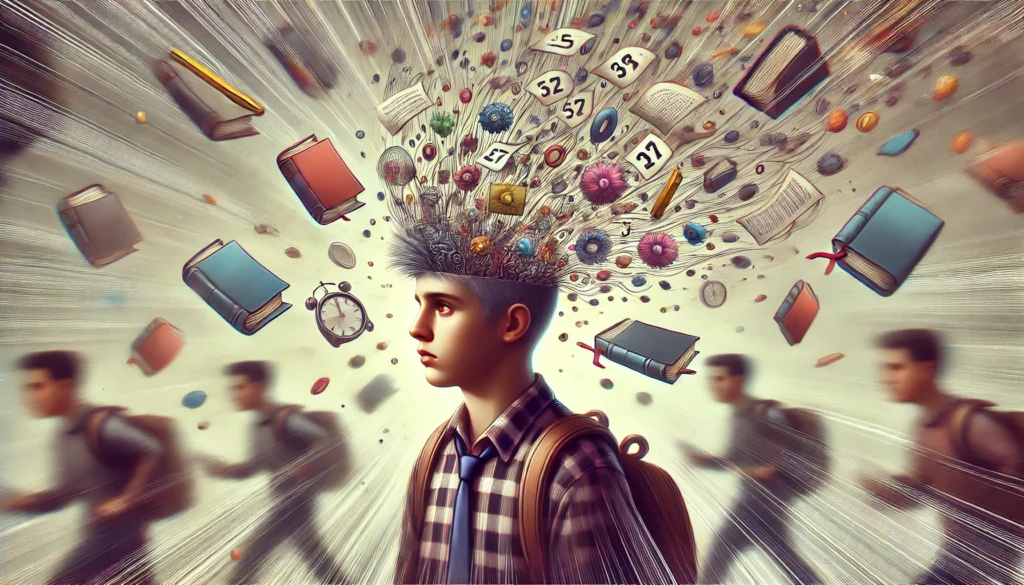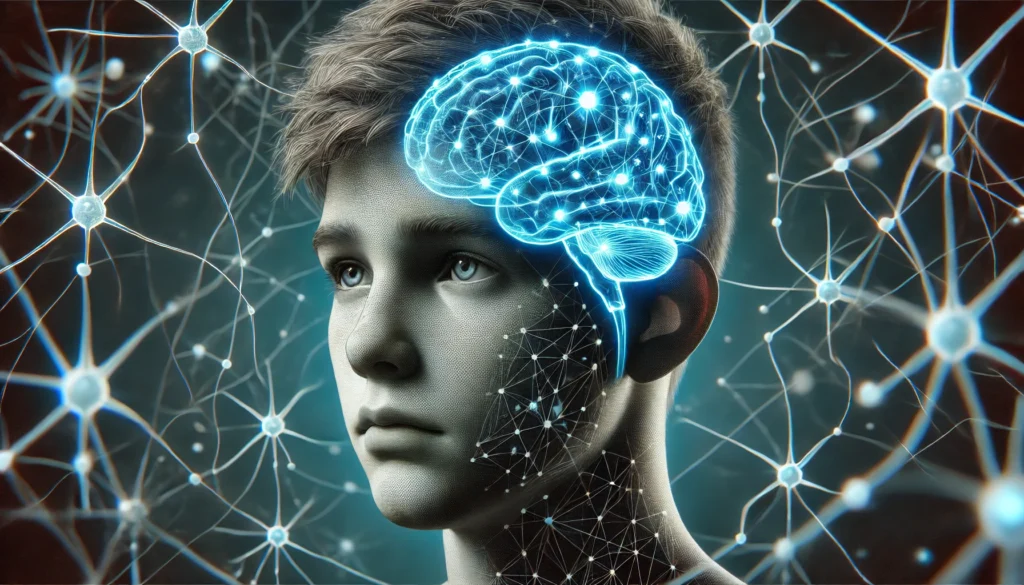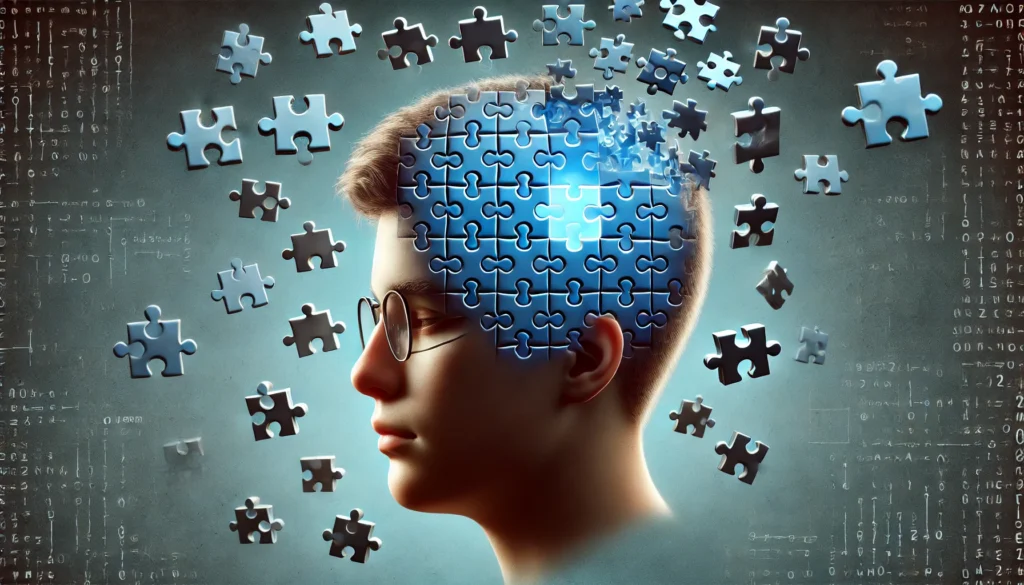Memory loss in teenagers can manifest in various forms, including forgetfulness, difficulty concentrating, and an inability to retain information. These symptoms can significantly impact a teenager’s academic performance, social interactions, and overall well-being.
You may also like: Understanding the Science Behind Lost Memory
Manifestations of Memory Loss
Memory loss in teenagers can present in subtle or pronounced ways. Subtle signs might include forgetting small tasks or assignments, while more pronounced symptoms could involve repeated failures to recall significant information or events. This variance in presentation makes it crucial for parents and educators to be vigilant and discerning.
Academic and Social Impacts
The academic repercussions of memory loss are often the most immediately noticeable. Teenagers may struggle to remember details from lessons, leading to lower grades and frustration. Socially, memory lapses can affect interactions with peers, potentially resulting in misunderstandings or social withdrawal as teenagers feel embarrassed or self-conscious.
Emotional and Psychological Consequences
Memory issues can also lead to emotional distress. Teenagers might experience anxiety over their forgetfulness, fearing that it reflects poorly on their intelligence or capabilities. This anxiety can exacerbate memory problems, creating a challenging cycle that impacts their mental health and self-esteem.
What Causes Memory Loss in Teenagers?
Understanding why memory problems occur in teenagers requires a multifaceted approach. Here, we outline some potential causes:
Stress and Anxiety
The teenage years are a period of significant change and development. Academic pressures, social dynamics, and the looming prospect of adulthood can all contribute to heightened levels of stress and anxiety, which can, in turn, affect memory. Stress triggers the release of hormones like cortisol, which, in high amounts, can impair cognitive functions, including memory retention.
Sleep Deprivation
Quality sleep is crucial for memory consolidation and cognitive function. Teenagers often struggle with irregular sleep patterns due to school schedules, extracurricular activities, and social commitments, leading to sleep deprivation and memory issues. The lack of REM sleep, in particular, can hinder the brain’s ability to process and store new information.
Nutrition and Diet
A balanced diet rich in essential nutrients is vital for brain health. Deficiencies in vitamins and minerals, particularly B vitamins, iron, and omega-3 fatty acids, can impair memory and cognitive function in teenagers. Additionally, excessive consumption of processed foods and sugars can lead to inflammation, which may further affect brain function.
Digital Overload
The pervasive use of digital devices and the internet can lead to information overload, which can overwhelm the brain and affect the ability to process and retain information. Constant notifications and the need to frequently switch between tasks can disrupt focus, making it harder for teenagers to encode memories effectively.

Medical Conditions
Certain medical conditions, such as ADHD, depression, and thyroid disorders, can contribute to memory problems in teenagers. It’s essential to consider these factors when evaluating memory loss. Diagnosing and managing these conditions can involve a combination of medication, therapy, and lifestyle changes to help alleviate memory issues.
Historical Context and Current Trends
Historically, memory issues were primarily associated with aging populations. However, recent studies have shown that memory problems are not confined to the elderly. The increasing prevalence of memory loss in teenagers has prompted a closer examination of the factors contributing to this trend.
Shifting Demographics
In previous generations, memory concerns were largely attributed to age-related decline. However, as the understanding of cognitive health evolves, researchers are recognizing that memory issues can affect all age groups. This shift has led to a broader investigation into the early signs of cognitive challenges in younger populations.
The Rise of Digital Natives
The current generation of teenagers, often referred to as “digital natives,” has grown up with unprecedented access to technology. While this access offers numerous benefits, it also presents challenges to cognitive health. The constant barrage of information and the need for multitasking can strain the brain’s processing capabilities, leading to memory problems. The phenomenon of “continuous partial attention” describes how digital engagement can fragment focus and impair memory.
The Impact of Lifestyle Changes
Modern lifestyles, characterized by fast-paced routines and increased demands on time and attention, have altered the way teenagers manage their daily lives. The pressure to excel academically, participate in extracurricular activities, and maintain a social presence can take a toll on mental health and memory function. This frenetic pace leaves little room for downtime, which is essential for cognitive processing and memory consolidation.
Future Implications and Practical Advice
As we look to the future, it is crucial to address memory loss in teenagers through a combination of scientific research, lifestyle adjustments, and educational interventions. Here are some practical steps to consider:

Enhancing Sleep Hygiene
Encouraging teenagers to establish healthy sleep habits can significantly improve memory and cognitive function. This includes maintaining a consistent sleep schedule, creating a restful sleep environment, and limiting screen time before bed. Introducing a relaxing bedtime routine can also signal the body to wind down, improving sleep quality.
Promoting a Balanced Diet
A nutrient-rich diet supports brain health and memory. Encouraging teenagers to consume a variety of fruits, vegetables, whole grains, lean proteins, and healthy fats can provide the essential nutrients needed for optimal cognitive function. Educating teens about the benefits of certain brain-boosting foods, like blueberries and nuts, can make healthy eating more appealing.
Managing Stress and Anxiety
Implementing stress-reduction techniques, such as mindfulness, meditation, and physical activity, can help teenagers manage stress and anxiety, thereby improving memory and concentration. Regular exercise not only reduces stress but also releases endorphins, which can enhance mood and cognitive function.
Limiting Digital Exposure
Setting boundaries for digital device use can help mitigate the effects of digital overload. Encouraging teenagers to take breaks from screens, engage in offline activities, and practice digital mindfulness can foster better memory retention. Introducing tech-free zones or times at home can create a balanced environment that supports mental health.
Seeking Professional Help
If memory problems persist, it may be necessary to seek professional evaluation. Healthcare providers can assess for underlying medical conditions and provide appropriate interventions to address memory issues. Early intervention can prevent further complications and support teenagers in developing effective coping strategies.

Conclusion
Memory loss in teenagers is a multifaceted issue that requires a comprehensive approach to understand and address. By examining historical and current trends, considering potential causes, and implementing practical strategies, we can help teenagers navigate their cognitive challenges and improve their memory function. As we continue to explore the complexities of brain health, it is essential to remain informed and proactive in supporting the well-being of teenagers.
In summary, memory loss in teenagers is not merely a consequence of the digital age or modern lifestyles; it is a complex interplay of biological, psychological, and environmental factors. By fostering a supportive environment and prioritizing brain health, we can equip teenagers with the tools they need to thrive in a rapidly changing world. Encouraging open dialogue about cognitive health can empower teenagers to take an active role in managing their well-being, preparing them for future challenges.
Further Reading:
Junk Food Diet in Teens Linked to Long-term Memory Issues
In Their Own World: What Causes Forgetfulness In Teenagers?
Important Note: The information contained in this article is for general informational purposes only, and should not be construed as health or medical advice, nor is it intended to diagnose, prevent, treat, or cure any disease or health condition. Before embarking on any diet, fitness regimen, or program of nutritional supplementation, it is advisable to consult your healthcare professional in order to determine its safety and probable efficacy in terms of your individual state of health.
Regarding Nutritional Supplements Or Other Non-Prescription Health Products: If any nutritional supplements or other non-prescription health products are mentioned in the foregoing article, any claims or statements made about them have not been evaluated by the U.S. Food and Drug Administration, and such nutritional supplements or other health products are not intended to diagnose, treat, cure, or prevent any disease.


